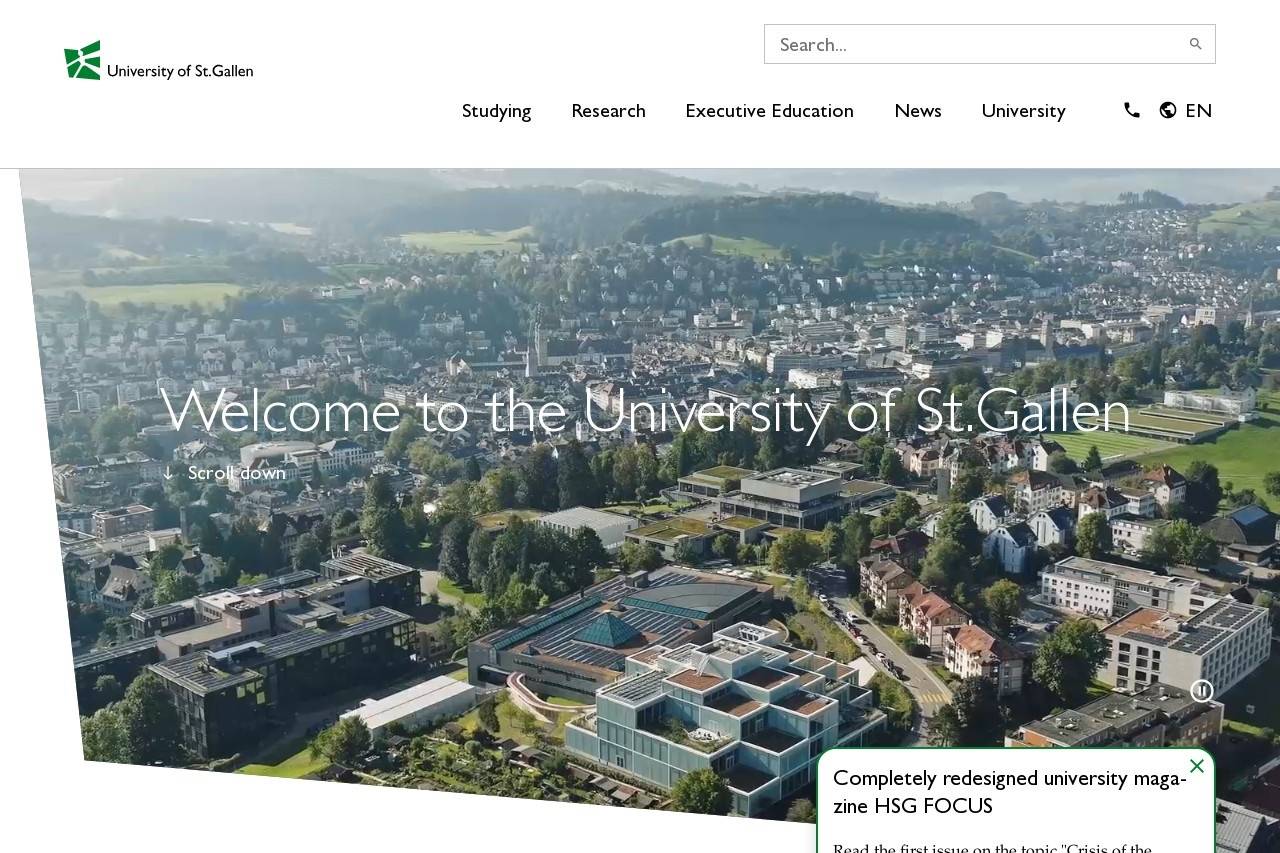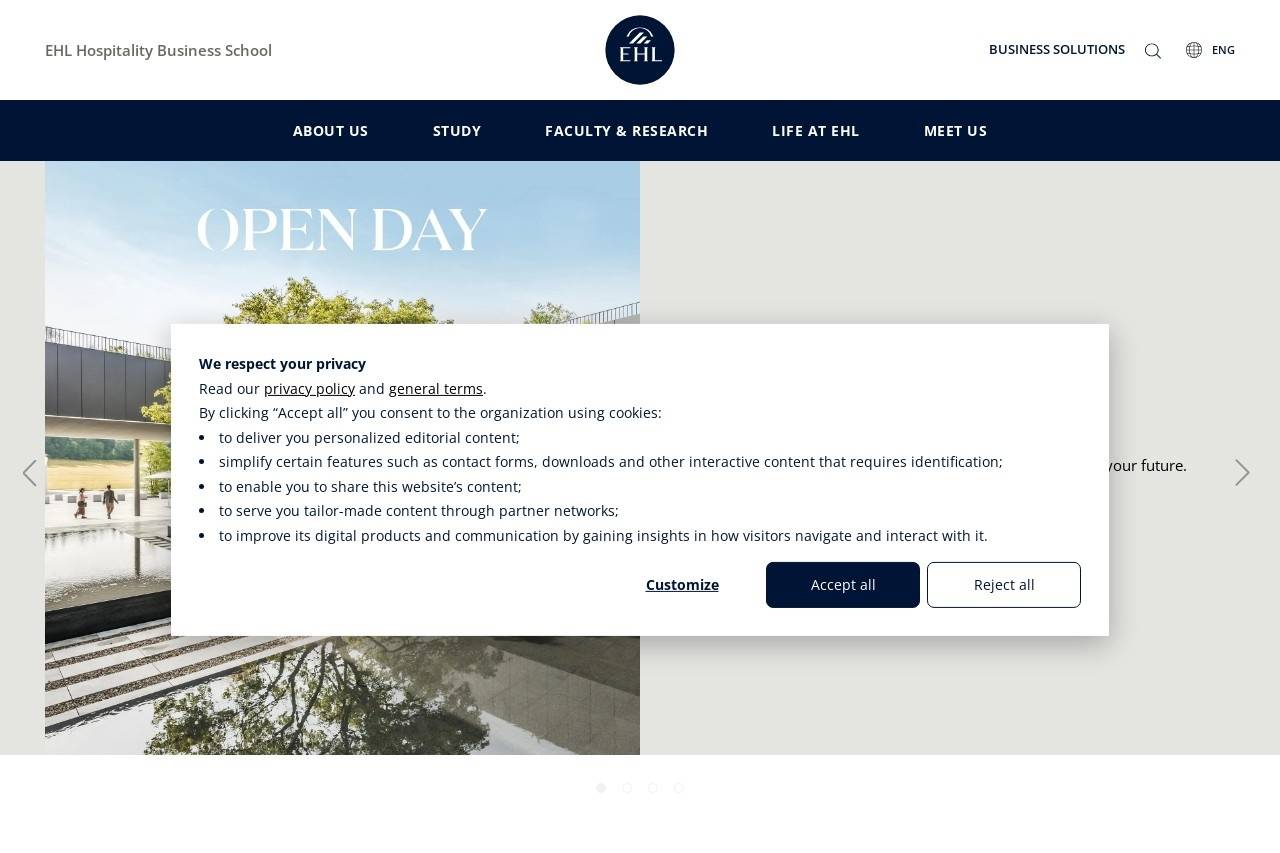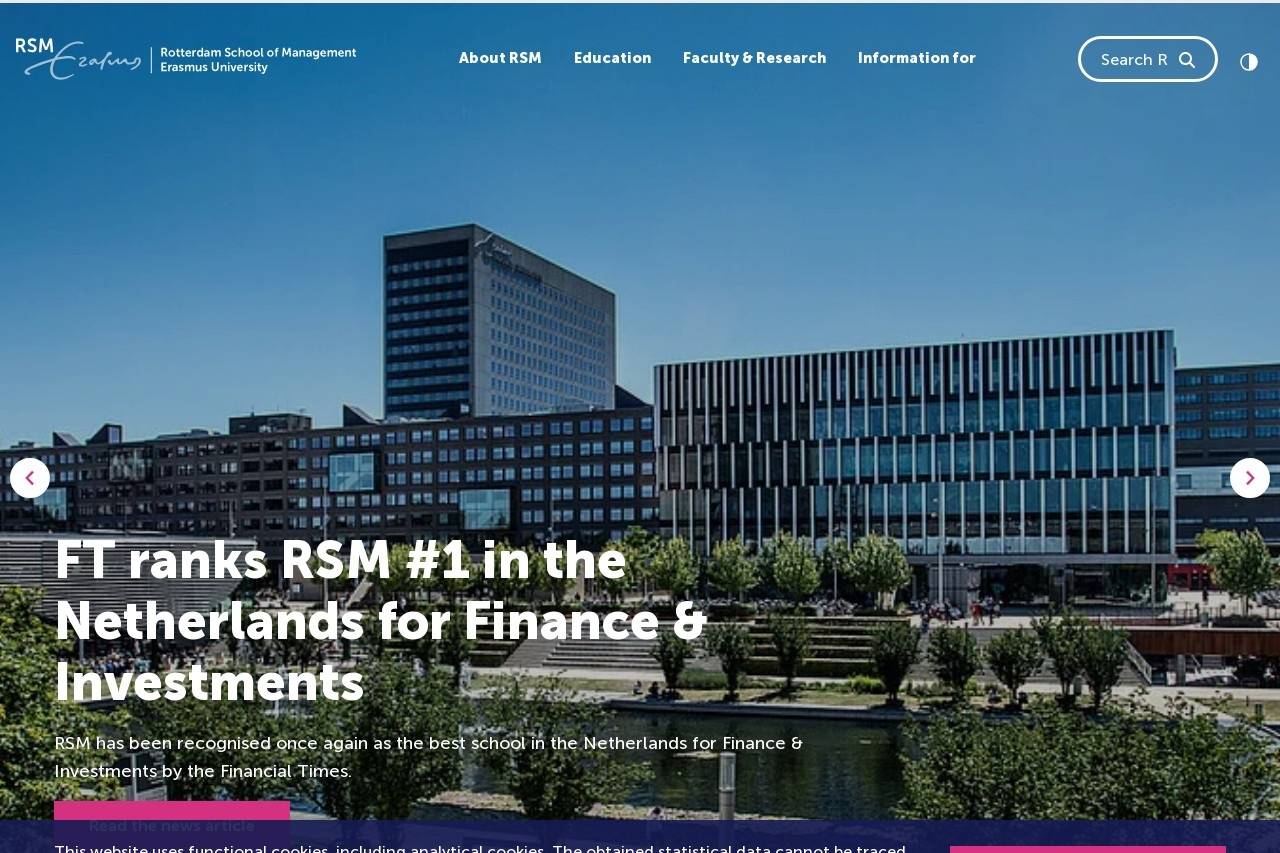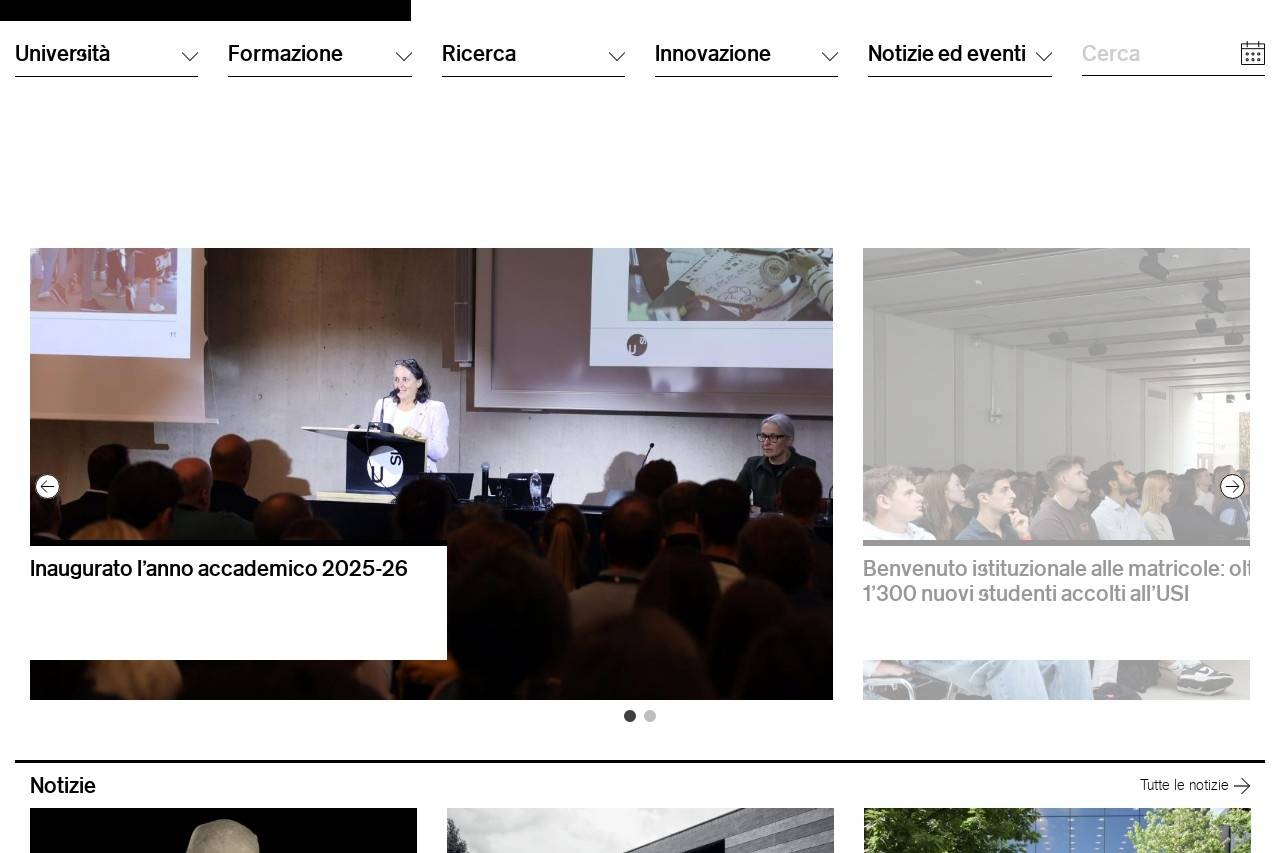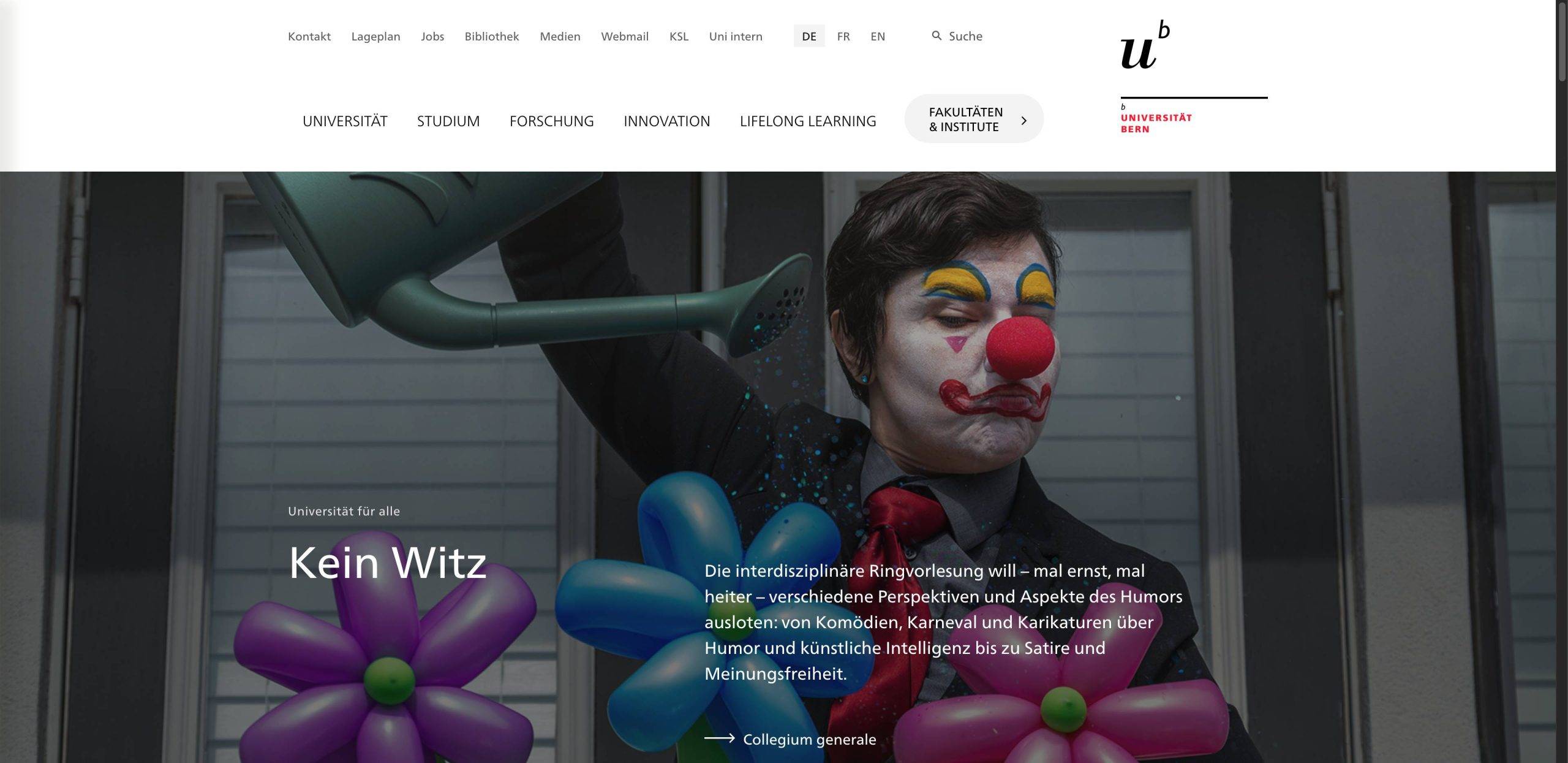University of St.Gallen
文章目录[隐藏]
University of St.Gallen (HSG) - An Overview
The University of St.Gallen (HSG), situated in Switzerland, is a leading European university dedicated to business, economics, law, and social sciences. Founded in 1898, it has built a formidable reputation for its integrative approach to education, combining rigorous academic theory with practical application. The university's mission is to equip students with the skills and knowledge to become responsible and effective leaders in a globalized world.
Distinctive Advantages and Features
HSG's primary strength lies in its unique, holistic curriculum. From the bachelor's level onwards, students engage in the "Contextual Studies" program, which complements their core subjects with courses in humanities, languages, and other disciplines. This ensures graduates are not just specialists but well-rounded thinkers who understand the broader societal impact of business decisions.
- Practice-Oriented Education: Strong ties with the corporate world facilitate numerous internships, case studies, and guest lectures from industry leaders.
- International Focus: With over 200 partner universities worldwide, student exchange programs are a core part of the experience. A significant portion of courses are offered in English, attracting a diverse student body.
- Stunning Campus: The modern, architecturally significant campus provides an inspiring environment for study and collaboration.
Authoritative Rankings
The University of St.Gallen consistently ranks among the top-tier institutions globally in its fields of expertise.
- Its Master in Strategy and International Management (SIM) program has been ranked number 1 in the world by the Financial Times on multiple occasions.
- Its MBA and Executive Education programs are also perennially highly ranked by the Financial Times, QS, and The Economist.
- It is regularly placed as the leading business university in the German-speaking world and a top-five European business school.
Latest Research and Innovations
HSG is a hub for cutting-edge research that addresses contemporary global challenges. Recent research highlights include:
- Digital Transformation: Studies on the ethical implications of artificial intelligence in business and the future of work in an automated economy.
- Sustainable Governance: Research into effective ESG (Environmental, Social, and Governance) frameworks and sustainable finance models.
- Global Trade Law: Analysis of new trade agreements and the impact of geopolitical shifts on international law and economics.
The university's institutes, such as the Institute for Economy and the Environment, and the Center for Leadership and Values in Society, are at the forefront of these interdisciplinary investigations.
Notable Alumni
HSG's alumni network is powerful and global, with graduates holding key positions across various sectors. Some renowned alumni include:
- Peter Wuffli: Former CEO of UBS, one of the world's largest wealth managers.
- Claudio de Sanctis: Head of International Private Bank and CEO Europe & Middle East at Deutsche Bank.
- Eveline Widmer-Schlumpf: Former Federal Councillor and President of Switzerland.
- Pascal Soriot: CEO of AstraZeneca, a leading global pharmaceutical company.
Frequently Asked Questions (FAQs)
1. What are the recent admission scores and selectivity?
Admission is highly competitive. For the Bachelor's program, Swiss students typically require a high-grade matriculation certificate. International students are assessed based on equivalent qualifications (e.g., Abitur, A-Levels, SAT/ACT scores). There is no fixed "score" as it depends on the applicant pool each year, but the acceptance rate is generally low, often cited between 20-30%.
2. What scholarships are available?
HSG offers a range of financial aid options, primarily based on financial need. The HSG Scholarship Fund and the Opportunity Fund provide support for both domestic and international students. Some merit-based scholarships are also available for exceptional candidates at the Master's level. Prospective students must apply for financial aid separately after receiving an offer of admission.
3. What are the general application conditions?
- Bachelor's Programs: A recognized secondary school leaving certificate (e.g., Matura, Abitur, International Baccalaureate, or equivalent). Proof of German language proficiency (TestDaF, DSH, or equivalent) is required for most programs, as the Bachelor's curriculum is primarily taught in German.
- Master's Programs: A relevant Bachelor's degree from a recognized university. Strong GMAT/GRE scores are required for many programs. Proof of English proficiency (TOEFL, IELTS) is necessary for programs taught in English.
- All applications require submission of transcripts, a CV, letters of motivation, and letters of recommendation.
